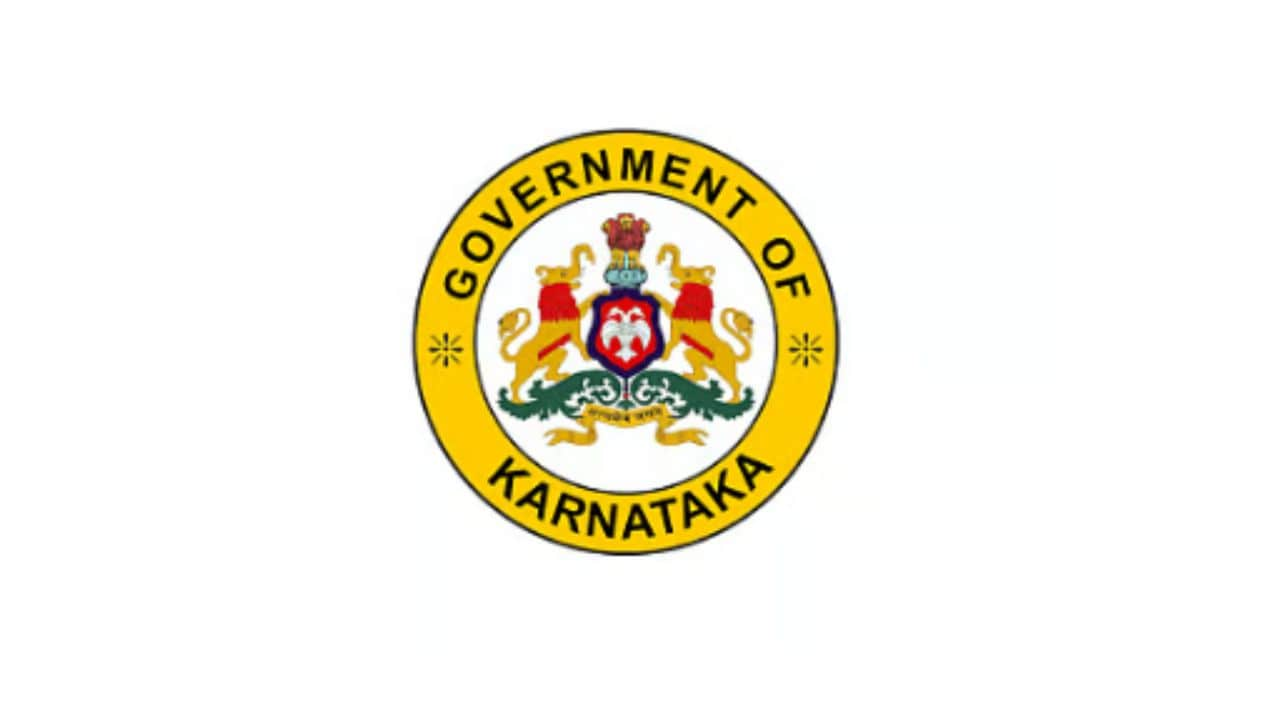As Karnataka prepares to unveil a comprehensive regulatory framework for the online real money gaming (RMG) industry by the end of this year, sources familiar with the matter have confirmed that the state government is planning to introduce a whitelisting mechanism for legitimate operators.
In a significant move, the state also intends to establish a clear legal distinction between skill-based gaming and gambling. However, it remains uncertain what measures will be taken against offshore betting platforms, whose operations have exponentially grown in the past year.
The upcoming framework will also include provisions for age-gating, grievance redressal mechanisms, and player support systems—part of a broader “consumer-first” strategy aimed at curbing the influence of illegal betting and gambling services.
According to Digital India Foundation report, four betting platforms—Parimatch, Stake, 1xBet, and Battery Bet—received 1.6 billion visits in just three months, between October and December 2024. Social media platforms like Facebook, Meta, and Telegram drove 42.8 million visits to these four platforms during the same period. While deposits in illegal betting and gambling are exceeding 100 billion dollars per year and are growing at an annual rate of 30%.
On April 8, key representatives from the RMG sector—including officials from the All India Gaming Federation, the Federation of Indian Fantasy Sports, and the E-Gaming Federation—met with Karnataka’s Home Minister S. Parameshwara and IT-BT Minister Priyank Kharge to discuss the impending regulations.
“Karnataka is taking a progressive approach toward regulating the RMG industry,” said one industry representative. “Whitelisting legitimate companies and cracking down on illegal operators will definitely support sector growth. If implemented it will make Karnataka, the first state to implement whitelisting of RMG companies in this complex regulatory landscape.”
Another stakeholder, speaking on condition of anonymity, revealed that a draft of the new framework is expected within the next couple of months, followed by a stakeholder consultation phase. “The Karnataka government is targeting an end-of-year rollout,” the person said.
If executed effectively, Karnataka’s move could set a precedent for other states, paving the way for a more structured and investment-friendly gaming industry across India. With regulatory clarity on the horizon, industry players are hopeful that a balanced framework will foster innovation while safeguarding users and curbing illegal operations.
This effort marks a shift from the state’s previous stance. In 2021, Karnataka introduced the Karnataka Police (Amendment) Bill, which sought to ban all forms of online gambling—excluding lotteries and horse racing—by removing the distinction between games of skill and games of chance. The law inadvertently included skill-based gaming startups under its purview.
However, the Karnataka High Court struck down most provisions of the bill in February 2022, deeming them unconstitutional. The state appealed to the Supreme Court, which issued notices to various gaming companies and industry bodies. The case remains pending.
“There is nothing to regulate them so far. They have agreed to the introduction of a licence system and a regulation as per law. Once the draft is submitted, we will bring in a new law,” Home Minister Parameshwara said, adding that a committee is currently drafting the policy.
Minister for Information Technology and Biotechnology Priyank Kharge had last month said that the government is mulling over bringing the entire online gaming, real money gaming under a legal parameter.
Meanwhile, Maharashtra is also working on its own regulatory framework for online gaming, signalling a broader trend toward structured oversight in India’s RMG space. Maharashtra’s Minister of State for Home Affairs, Yogesh Kadam, recently told the state’s Legislative Council that the government is developing tougher laws to combat cybercrime and financial fraud linked to online platforms. “A uniform policy and stricter legal measures are on the way,” Kadam noted.
Adding to the anticipation, stakeholders across the country are now closely watching the Supreme Court’s hearing on the ₹2.5 lakh crore GST case, scheduled for May 5–9. The outcome is expected to have far-reaching implications for the future of India’s online gaming industry.
